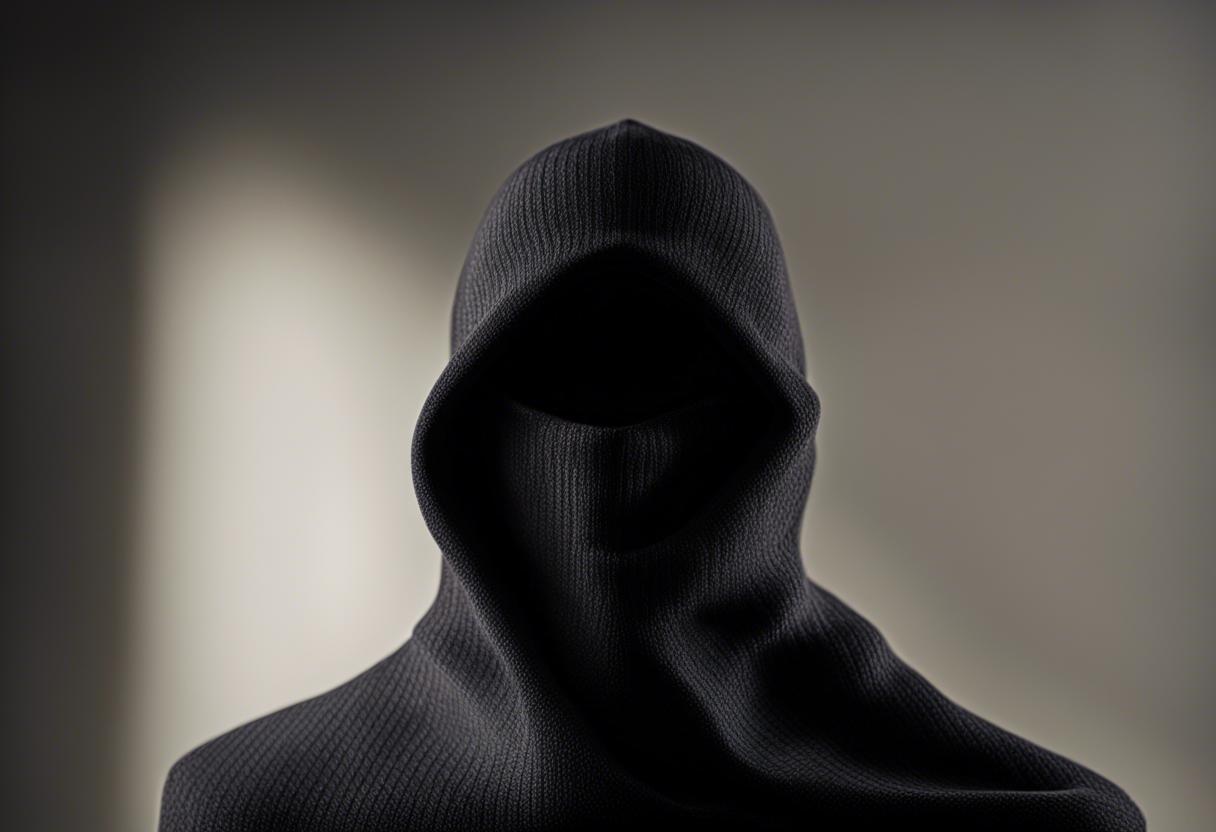Plans are underway by Helen McEntee, the Minister for Justice, to impose a prohibition on the use of masks at demonstrations when they are employed to frighten, according to a governmental announcement. This comes after several instances in recent months of masked demonstrators partaking in disruptions and rallies, targeting even the residences of high-ranking lawmakers. It’s being considered how such legislation would function, with advice sought from the Attorney General and the Garda Commissioner.
As early as April, a potential ban was inferred by Taoiseach Simon Harris, who, following home protests against Minister for Integration Roderic O’Gorman, stated before the Dáil that a straightforward solution to the issue of protest masks was required. At that time, the legal implications were under evaluation with a view to amending the law if deemed legitimate.
This development takes place amid the Garda’s preparation to significantly enhance public order resources in the upcoming months owing to anticipated upheaval and violence connected with rallies against migrants. There was notable violence and disorder last month at the proposed location of a housing facility for asylees in Dublin’s Coolock.
At the same time, the United Kingdom has experienced multiple days of anti-foreigner turmoil, notably in Belfast and London, following the propagation of false information related to a deadly assault on three students in Southport the previous week.
The Garda’s Public Order Unit has decided to resume the use of protective grilles or caging around the windows of their vehicles, a practice which had been discontinued in recent years. The fleet of riot control vehicles is also set to expand in numbers from the current 27 to 42 by year’s end.
Measures to enhance resources have been taken in response to the tripling of Garda members prepared for Public Order Unit duties in Dublin alone, with the number rising to approximately 700 in the previous two years.
From the beginning of last year, about £3.2 million has been invested in public order gear, such as improved protective clothing, riot shields, and stronger pepper sprays. Much of this kit was purchased and implemented after the riots in Dublin the previous November exposed deficiencies.
Notices from Garda Headquarters have reminded Gardaí of the various types of public order violations that are legislated for, and the authority they have to arrest in hostile or violent street situations.
Currently, there are no permanent Public Order Units within the Garda. Members of the Garda stationed across the country receive public order policing training and are summoned and deployed when necessary.
The necessity to assemble units from conventional frontline policing can lead to postponements when Public Order Units need to be deployed unexpectedly due to public unrest.

